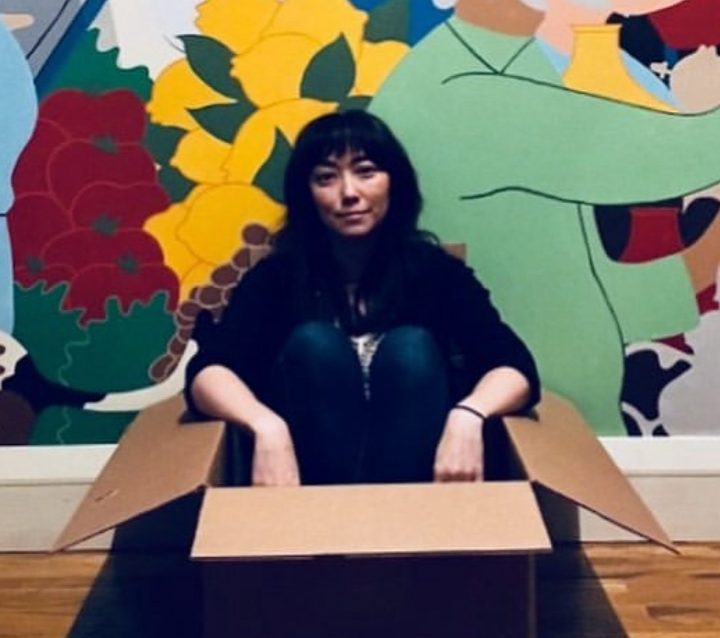Please tell us your story! How did you get to where you are today?
I was a stereotypical teenager, obsessed with music – I started working in record stores when I graduated from high school. I unhappily managed a very corporate one for a few years, then found my home at an independent record store called Sonic Boom, in Seattle, WA. I LOVED working there, and I learned so much about the music industry and made so many connections on all sides of it – distro, promoters/venues, labels, direct artist relationships, etc. Record stores are a beautiful community to be a part of.
When I eventually left Seattle and moved to New York, I transitioned to Project Managing album campaigns, first at Secretly Label Group and then at Beggars Group. I was working on a lot of Rough Trade projects, and I have a lot of love for the label, so when the US Label Head left, I applied for and was promoted to that position. I’ve been doing that since 2019, and it’s
been a real adventure, navigating the COVID times, and just challenges in the industry in general, but it’s also so rewarding.
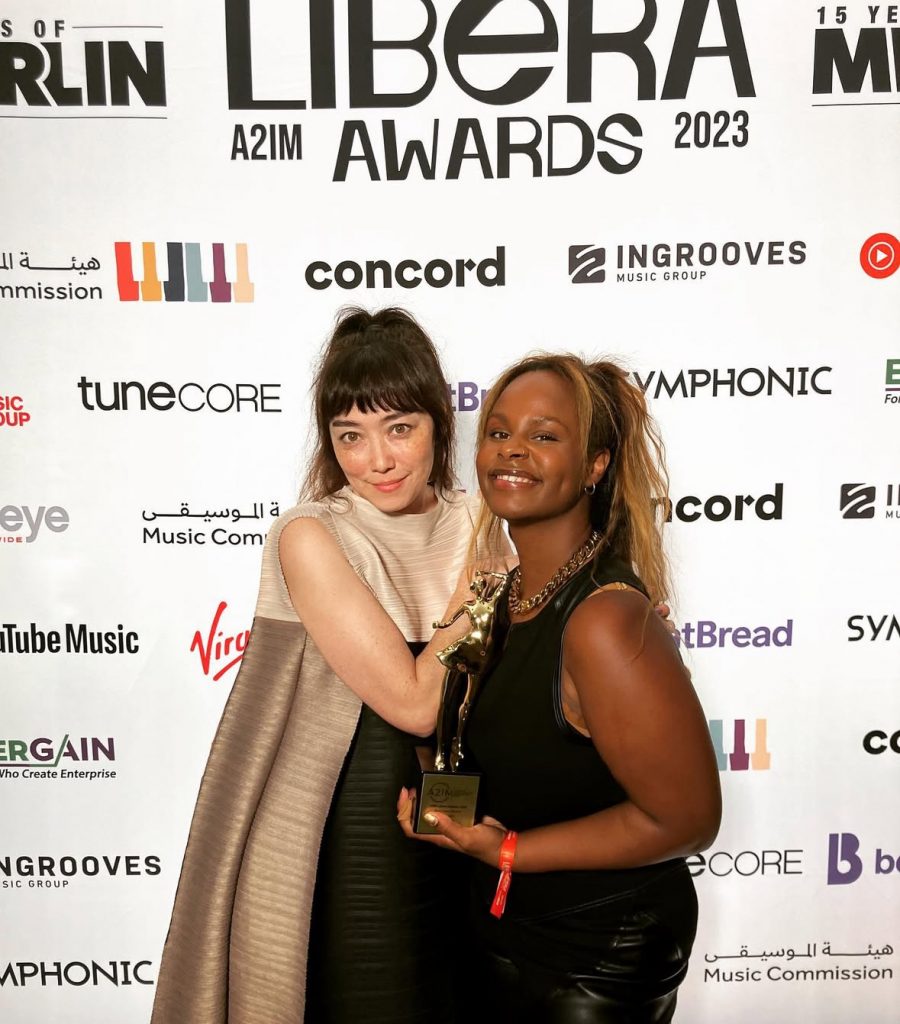
What is your role and responsibilities with the industry?
I manage the label for the US territory, overseeing all album campaigns and handling the overall day to day operations.
Do you feel that higher education is a necessary step to enter the music industry?
Absolutely not. Unless you are getting a degree in something very specific. I can’t speak for other industries, but I love that music is kind of for misfits! It’s a shame to me that degrees are required for jobs where that degree doesn’t even apply. They don’t care what you studied; they just care that you graduated. It feels very elitist to me.
Going to college is great if you can afford it (which most Americans cannot, due to the way our education system is set up. But they go anyway and just take on huge debt.)
You can learn and experience so much there, and make connections for your career, but you can also do those things on your own, if you really throw yourself into the music community and participate in it as much as possible.
New York has gotten rid of unpaid internships, which is great, and really opens the door to young people who want to do these jobs and gain experience, but can’t afford to work for free. Many places don’t limit these jobs to just college students anymore, so you can get your foot in the door a little easier. But a lot of these places are looking for recommendations and word of mouth referrals for jobs, so building connections with people and building your own reputation is still the most important thing in this industry.
“Respect your audience. You’re nothing without customers, without fans. Listen to them, and pivot when things aren’t going your way. This does NOT mean pander!”
Let’s talk about the highs vs the lows of your career. What is your greatest achievement?
Every time we’re able to have a successful campaign, and help an artist get to the next level and grow their fanbase and get people excited about the music, that’s a huge win for me. And being able to work with really talented people and artists, and be able to experience things in this life that “teenage me,” would never have imagined. I am truly lucky.
The flip side of that is every time an album campaign doesn’t reach your expectations (hit records are (hard to come by) it truly hurts and you feel like you’ve let the artist down in some way. But you learn from each campaign and look onwards and upwards.
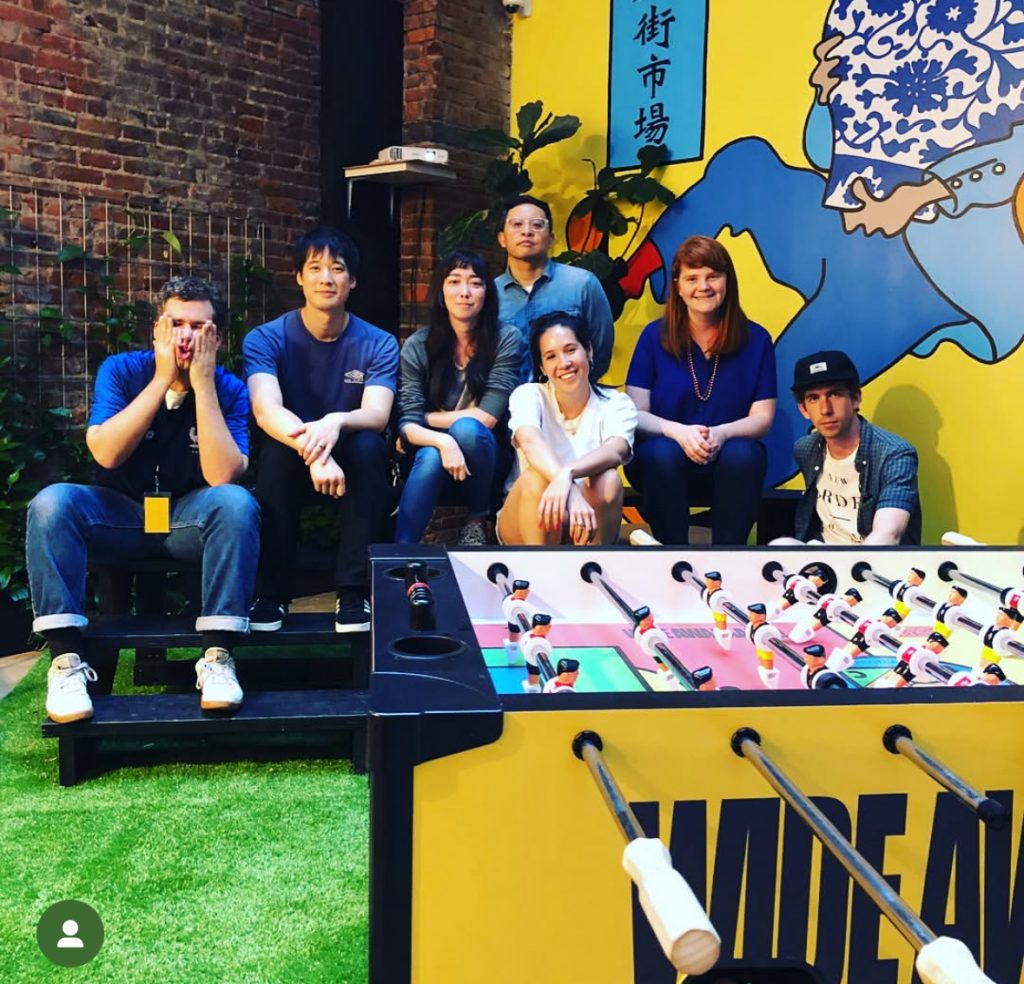
Who has been your biggest champion in your career?
It’s really not one person. It’s so many people who have given me advice, nudged me in the right direction, or told me to get over myself! I especially value other women in the industry who have supported me, and I try to do the same.
What is the best piece of life advice you’ve ever received?
Regret is a waste of time. Go ahead and feel that regretful feeling, own any mistake you may have made, but then put it behind you and move on. What’s done is done, and you can’t change it, and beating yourself up about it forever is pointless.
What would you tell your younger self if you could tell them anything?
I don’t think my younger self would take any of my advice! I hated being told what to do.
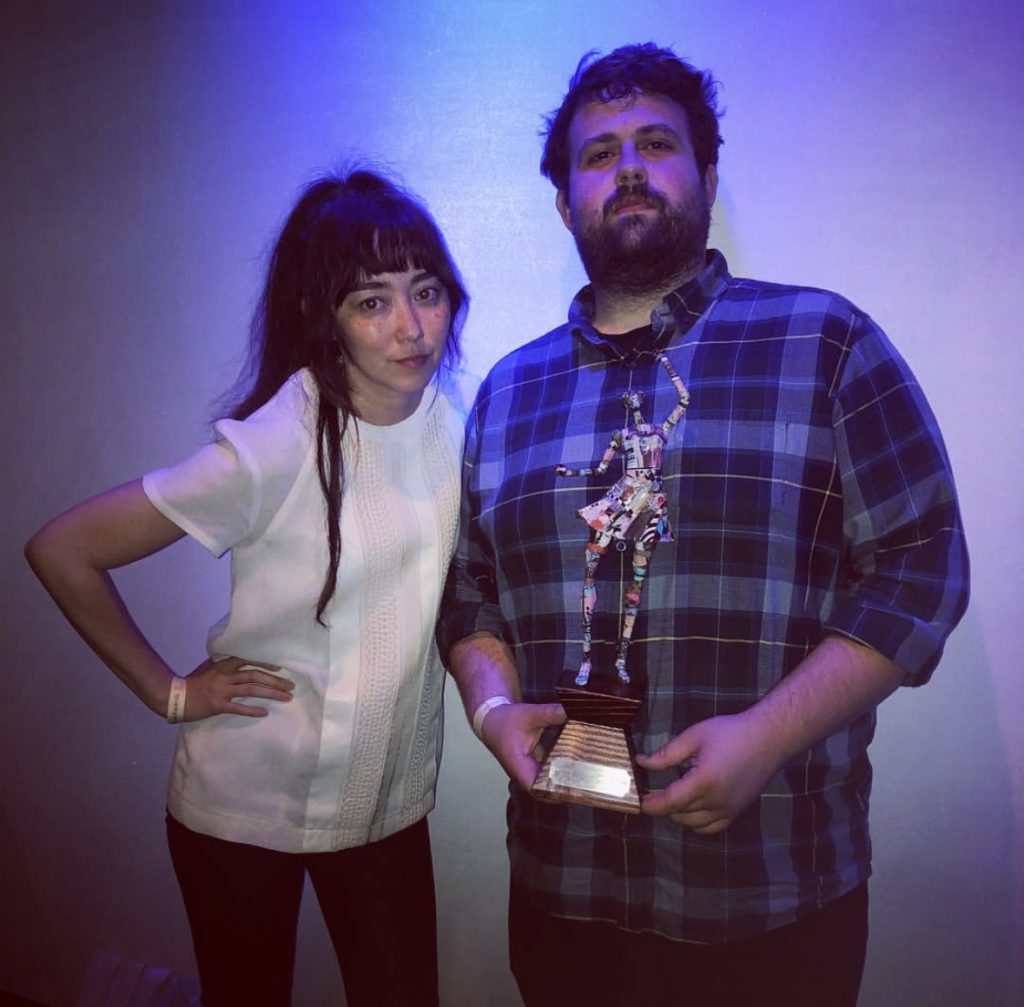
What is your big picture career goal?
This is going to sound crazy, but I’ve never had a “big picture,” goal. I’ve always just gone with my gut, and done what felt right for that time. Things change, your priorities and goals change. I just want to keep learning and growing and loving whatever it is I do.
Who are your role models in the industry, be they local or International?
I have a ton of respect for all the people I have worked for over the years and my current bosses, Geoff Travis and Jeannette Lee. You have to be crazy to start a record store or a record label – it’s a huge gamble that rarely pays off. And everyone is doing it for the love of the game.
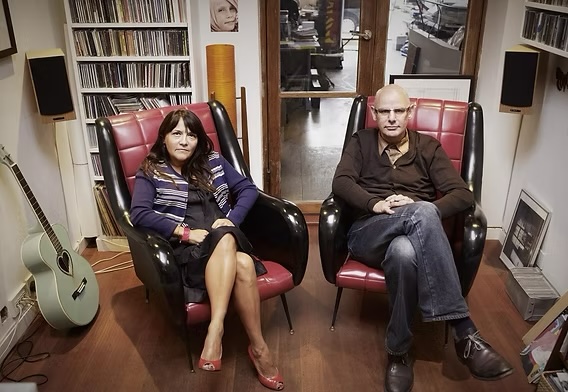
What do the International markets do well that the Australian music industry could benefit from in terms of education?
I don’t feel like I am well versed enough to speak on how much Australia is or is not doing in this regard.
All I know is artists are some of the hardest working folks out there and supporting them is the best thing local governments and communities can do. Creating programs to help them succeed helps everyone in the end.
What are some hard conversations that the music industry isn’t having that needs to be happening at the forefront?
I think the convos are all being had, we just aren’t being proactive enough at finding solutions to current issues. Streaming, AI, and health insurance for artists (and honestly, for everyone) is a big one in the US.
And some things are a long game and just need constant vigilance – racism, sexism, ableism.
“I’ve just learned to have a lot more patience. 99% of the time, it’s a long road to success.”
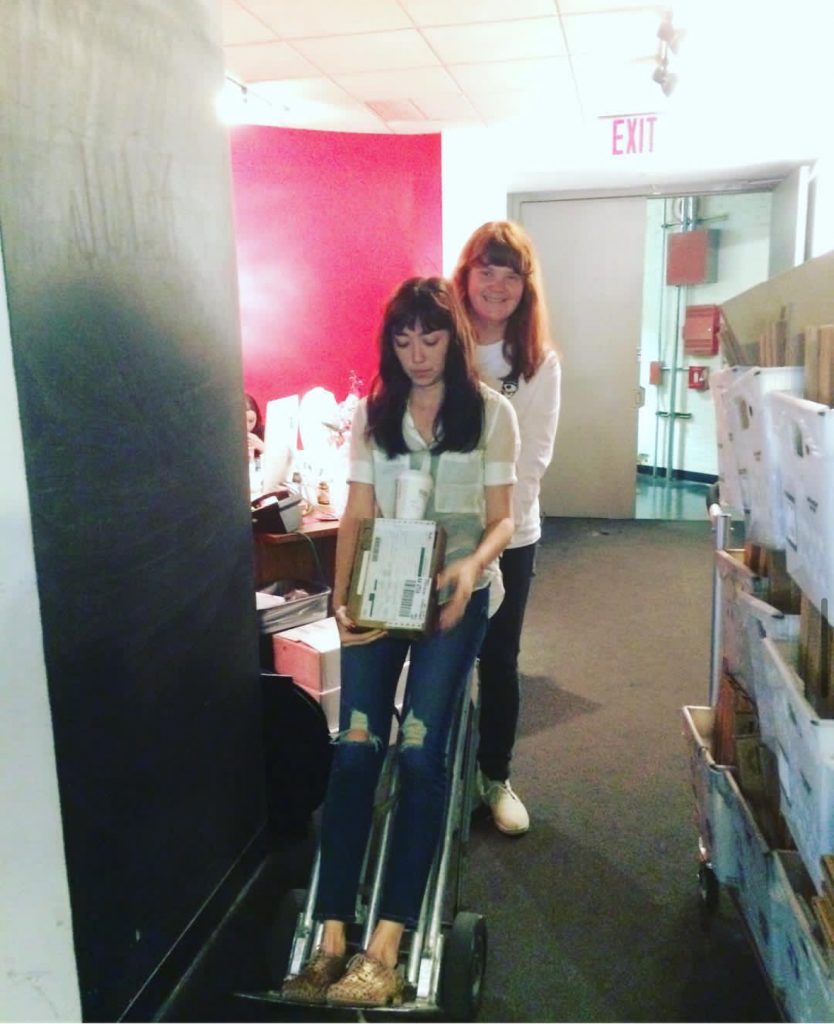
You’ve spent over 20 years in the independent music community — what has kept you so committed to this space?
The adventure of it all. The delusion that everyone needs to think what they do is important. And a stubborn refusal to work a “real job”.
What did you learn from your early years managing a record store in Seattle that still influences your work today?
Respect your audience. You’re nothing without customers, without fans. Listen to them, and pivot when things aren’t going your way. This does NOT mean pander! But needs and tastes change, and you’ve gotta change with them and find new ways to connect with people.
“every time an album campaign doesn’t reach your expectations (hit records are (hard to come by) it truly hurts and you feel like you’ve let the artist down in some way. But you learn from each campaign and look onwards and upwards.”
After moving to NYC, you worked across major indie labels like Secretly Group and Beggars Group — what were some standout moments from your time project managing campaigns for artists like Grimes, Kaytranada, and The War On Drugs?
Obviously, experiencing hit records are very memorable moments, but my favourite thing about project managing was getting to know all these incredible artists. Adam from War On Drugs is extremely funny and would give me amazing advice.
What was it like working on a Platinum Single campaign for Houndmouth, and how did that opportunity lead to your role at Rough Trade Records?
It was really fun, actually. It’s a fantastic feeling when everything falls into place and is going your way. Anna Bond was managing Rough Trade at the time, and we worked on everything for Houndmouth together. She was really passionate about the project and I give her huge props for leading that campaign to success. Also, the band gave it their all, and toured and toured and did all the press and all the radio station visits and everything that was required of them. It’s A LOT of work that ultimately has to be done by the artists themselves (no one wants to hear from a record label about an album, they want to see and talk to who made it!), and it’s great when it pays off.
I think working really closely with Rough Trade for years on a lot of great campaigns like Houndmouth, Parquet Courts, Warpaint and being so familiar with the Beggars staff and systems gave them a lot of trust in me that I could manage the label.
“Regret is a waste of time. Go ahead and feel that regretful feeling, own any mistake you may have made, but then put it behind you and move on.”
As General Manager of Rough Trade Records, how do you approach nurturing such a diverse roster of artists?
Really getting to know how each artist works and what they want out of a label is crucial. We try to custom fit every campaign to the artist. The more of their personality and vision we can present, the better things go, ultimately.
How has your perspective on artist development evolved across your time at Secretly, Beggars, and now Rough Trade?
I’ve just learned to have a lot more patience. 99% of the time, it’s a long road to success.
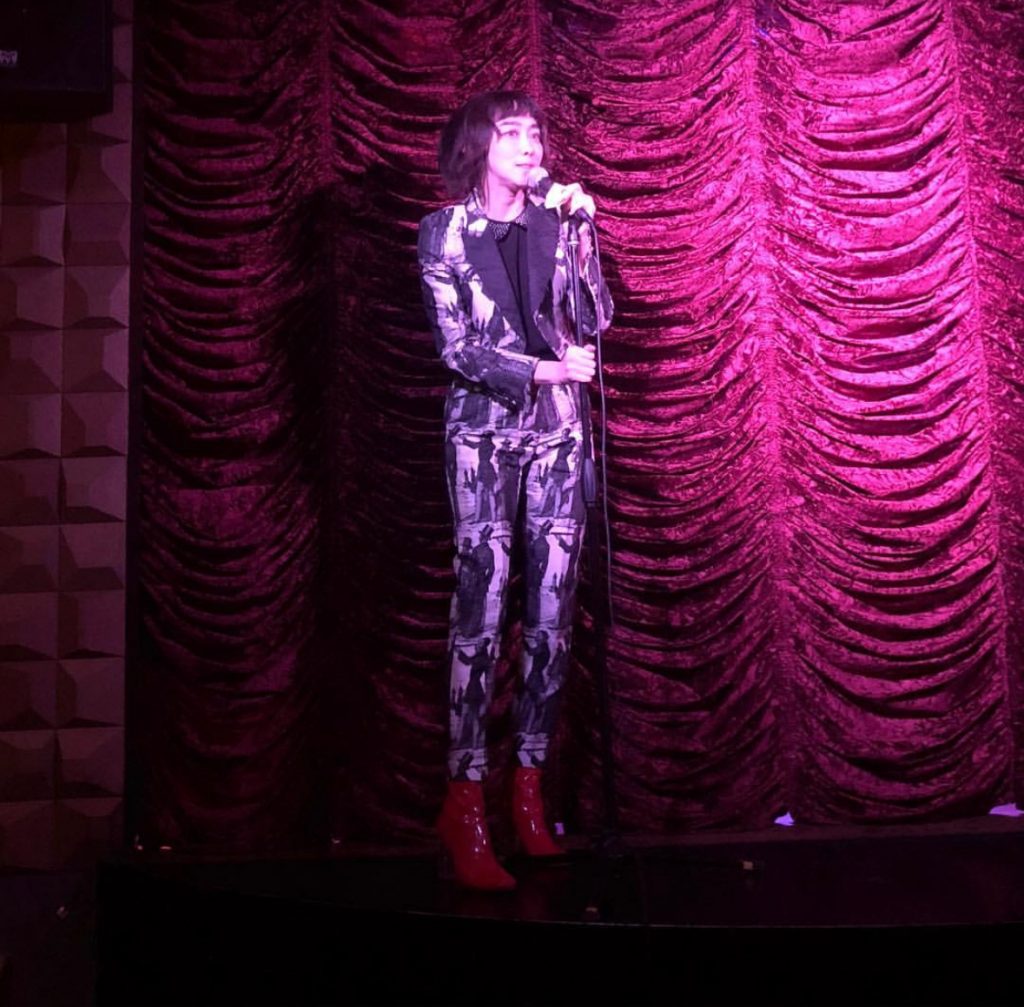
What can we all look forward to for 2025, any big projects you can let us in on?
Our biggest release of the year just came out last month, the first new Pulp album in 24 years!
It achieves the impossible, of being brand new but sounding like a classic. But that’s the magic of Pulp.
They’re timeless.
“I can’t speak for other industries, but I love that music is kind of for misfits!”
What’s your go-to karaoke song?
I love to do a real camped up version of Celine Dion’s “It’s All Coming Back To Me Now.”(as if there’s any other way to do it)
